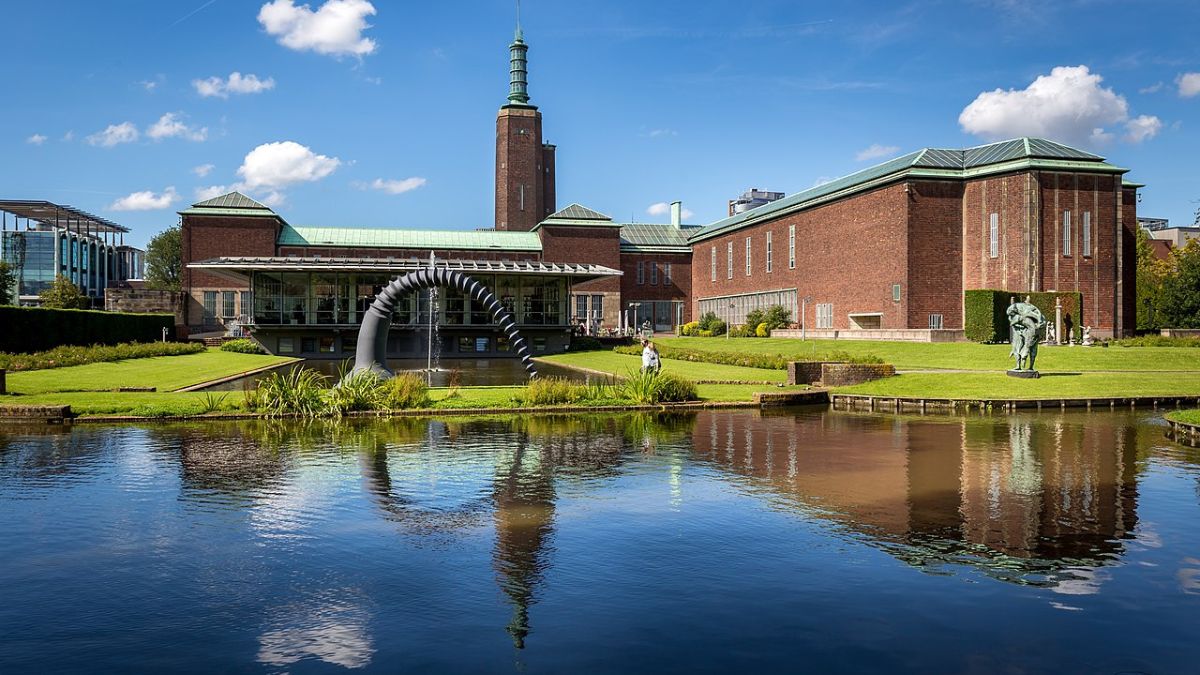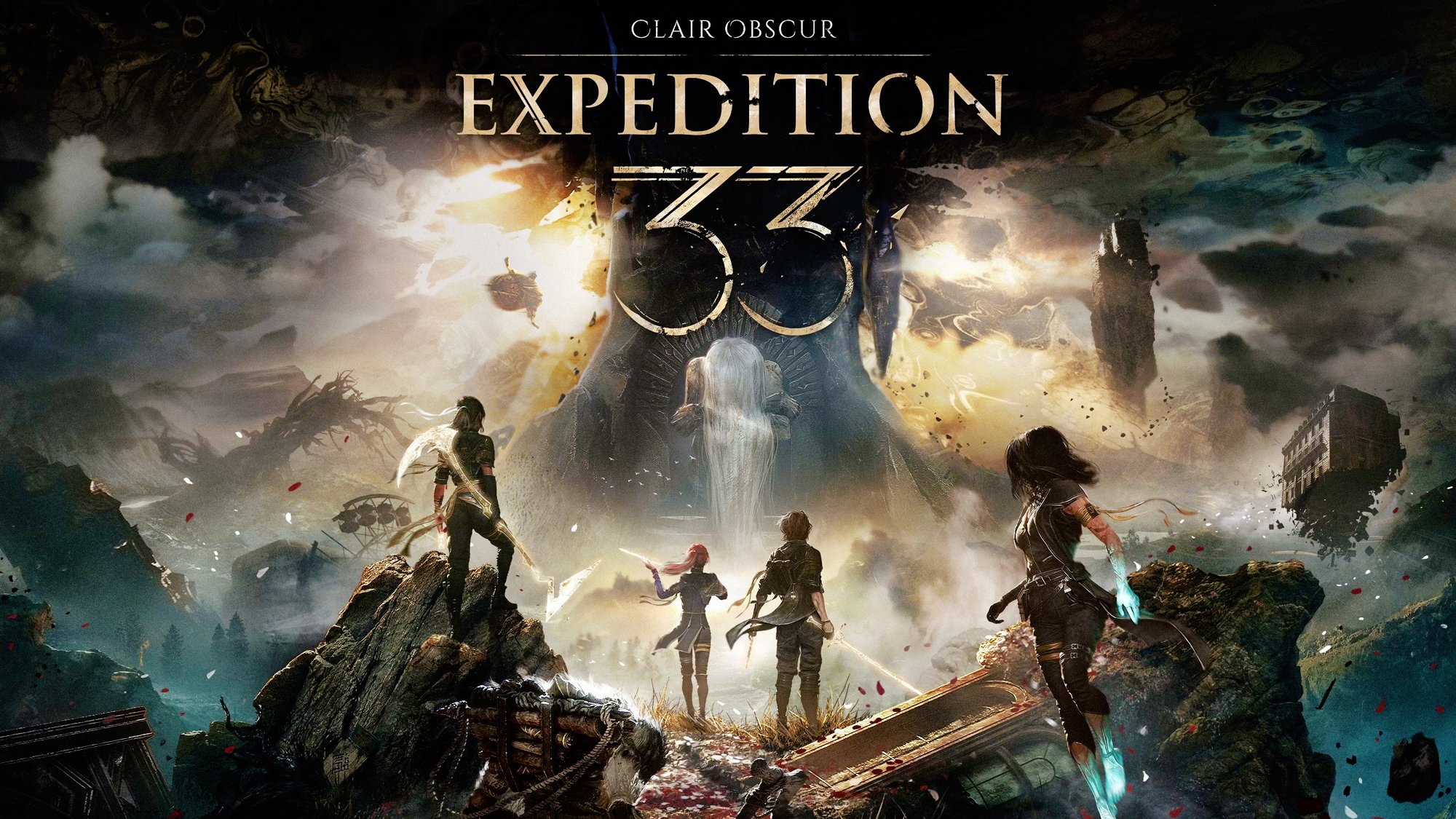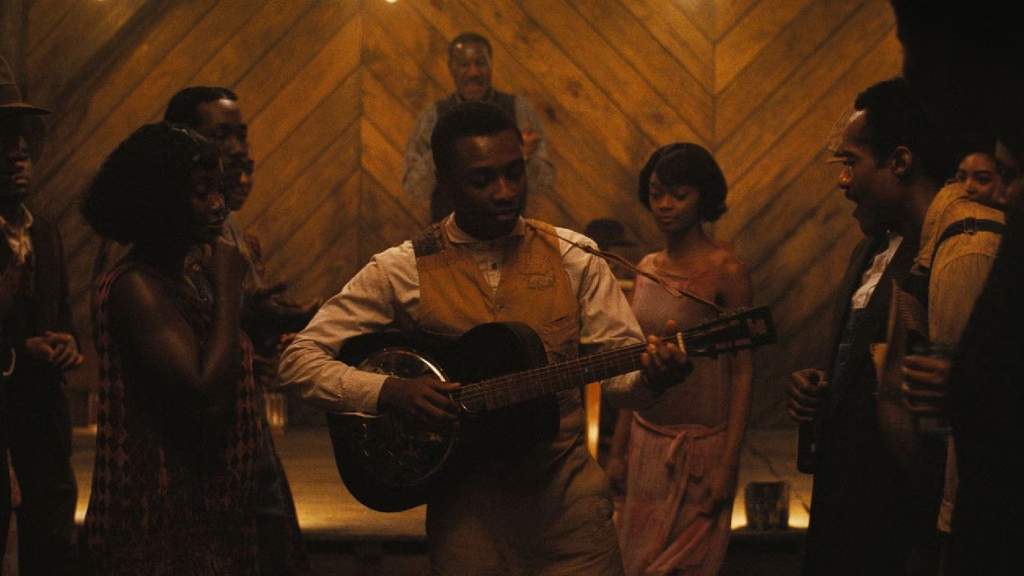Culture wars, political polarization and deepening inequality: the roots of Trumpism
US President Donald Trump is not an accident of history. His re-election is in line with a profound structural change in American society that began at the end of the Cold War.

More than 100 days into his return to the White House, the conclusion is stark: Donald Trump is no longer the same president he was during his first term. His familiar nationalist and populist rhetoric is now openly paired with an authoritarian turn – one without precedent in US history. He has adopted a neo-imperial view of the economy, treating the global order as a zero-sum contest of winners and losers. In this worldview, cooperation gives way to domination: what matters is power and the accumulation of wealth.
Having withstood two impeachment procedures, numerous lawsuits and at least one assassination attempt, Trump now governs with what can appear to be unchecked authority. To his followers, he has become a hero, a martyr – almost a messianic figure. He no longer sees democracy as a framework to be honoured, but as a tool to legitimize his hold on power. His decisive electoral victory now serves as a mandate to cast aside institutional limits.

A weekly e-mail in English featuring expertise from scholars and researchers. It provides an introduction to the diversity of research coming out of the continent and considers some of the key issues facing European countries. Get the newsletter!
Three key features define his style of governance: a radical centralization of executive power grounded in the theory of the “unitary executive”; the politicization of the Department of Justice, used as a weapon against rivals; and the manipulation of federal authority to target cultural, media and educational institutions. His playbook is chaos: unsettle opponents, dominate the media narrative and blur the boundaries of democratic norms. Impulsive and reactionary, Trump often governs in response to Fox News segments or trending posts on Truth Social. Instability has become a strategic tool.
But Trump is not a historical anomaly. While his 2016 victory may have seemed unlikely, his re-election reflects a deeper, long-term transformation rooted in the post-Cold War era.
From an external to an internal enemy
The collapse of the USSR – a structuring external enemy – redirected political confrontation toward the designation of an internal enemy. The culture war has become the dominant ideological battleground, driven by two closely linked forces. On one side, a religious radicalization led by nationalist Christian movements – such as the New Apostolic Reformation – seeks to roll back social progress and promote the vision of an outright theocracy. On the other, growing racial anxiety is fueled by fears of white demographic decline and resistance to civil rights gains.
The commentator Pat Buchanan saw it coming as early as the 1990s. Speaking at the 1992 Republican National Convention, he warned: “There is a cultural war going on for the soul of America… as critical as the Cold War itself.” Too radical for his time, Buchanan championed a white, Christian, conservative US hostile to cosmopolitan elites. Though marginalized then, his ideas laid the groundwork for what would become Trumpism.
Newt Gingrich, who served as Speaker of the House from 1995 to 1999, played a pivotal role in reshaping both the Republican party and US politics. A Republican group he chaired famously distributed a pamphlet to Republican candidates titled “Language: A Key Mechanism of Control”, advising them to use uplifting language to describe themselves, and inflammatory terms like “corrupt”, “immoral” and “traitor” to describe their opponents. This aggressive rhetoric redefined political rivals as enemies to be defeated – helping pave the way for a right-wing politics in which winning trumps democratic norms.
At the same time, the rise of a new conservative media ecosystem intensified polarization. The launch of Fox News in 1996, the growth of right-wing talk radio shows like Rush Limbaugh’s and the later explosion of social media gave the US right powerful tools to shape and radicalize public opinion. Today, algorithm-driven information bubbles trap citizens in alternate realities, where misinformation and outrage drown out reasoned debate. This has deepened polarization and fractured society as a whole.
Channeling anger
This ideological and media realignment has unfolded alongside a broader crisis: the unraveling of the post-Cold War neoliberal consensus. Promises of shared prosperity have been replaced by deindustrialization, deepening inequality and widespread resentment. Successive traumas – from 9/11 and the 2008 financial crash to the Covid-19 pandemic – and foreign wars without real victories have eroded public trust in the establishment.
Trump channels this anger. He offers a vision of a restored and idealized America, a rollback of recent social gains, and a reassertion of national identity grounded in religion and race. His populism is not a coherent ideology but an emotional response – born of perceived injustice, humiliation and loss.
Trump is more than a symptom of America’s democratic crisis: he is its most vivid manifestation. He embodies the legacy of the 1990s – a foundational decade of identity grievance, culture wars and media deregulation. Viewed as a political outsider, he has never been judged as a traditional politician, but rather embraced, by some, as the archetypal “self-made man” – a successful businessman and reality TV celebrity.
His rhetoric – transgressive, provocative and often cruel – gives voice to what had been repressed. The humiliation of opponents becomes part of the performance. For his supporters, it’s exhilarating. It breaks taboos, flouts political correctness and feeds the fantasy of reclaiming a lost America.
And he’s no longer alone. With the vocal support of economic and tech elites like Elon Musk – now a central figure in the radicalized right on X – Trumpism has entered a new phase. Together, they’ve outlined a new kind of authoritarian, cultural and digital power, where influence matters more than institutions.
The US re-elected not just a man, but a style, an era and a worldview built on dominance, disruption and disdain for rules. Still, history is unwritten: intoxicated by hubris and undermined by incompetence, Trumpism may yet crash into the wall of reality – with consequences far beyond America’s borders.![]()
Jérôme Viala-Gaudefroy ne travaille pas, ne conseille pas, ne possède pas de parts, ne reçoit pas de fonds d'une organisation qui pourrait tirer profit de cet article, et n'a déclaré aucune autre affiliation que son organisme de recherche.




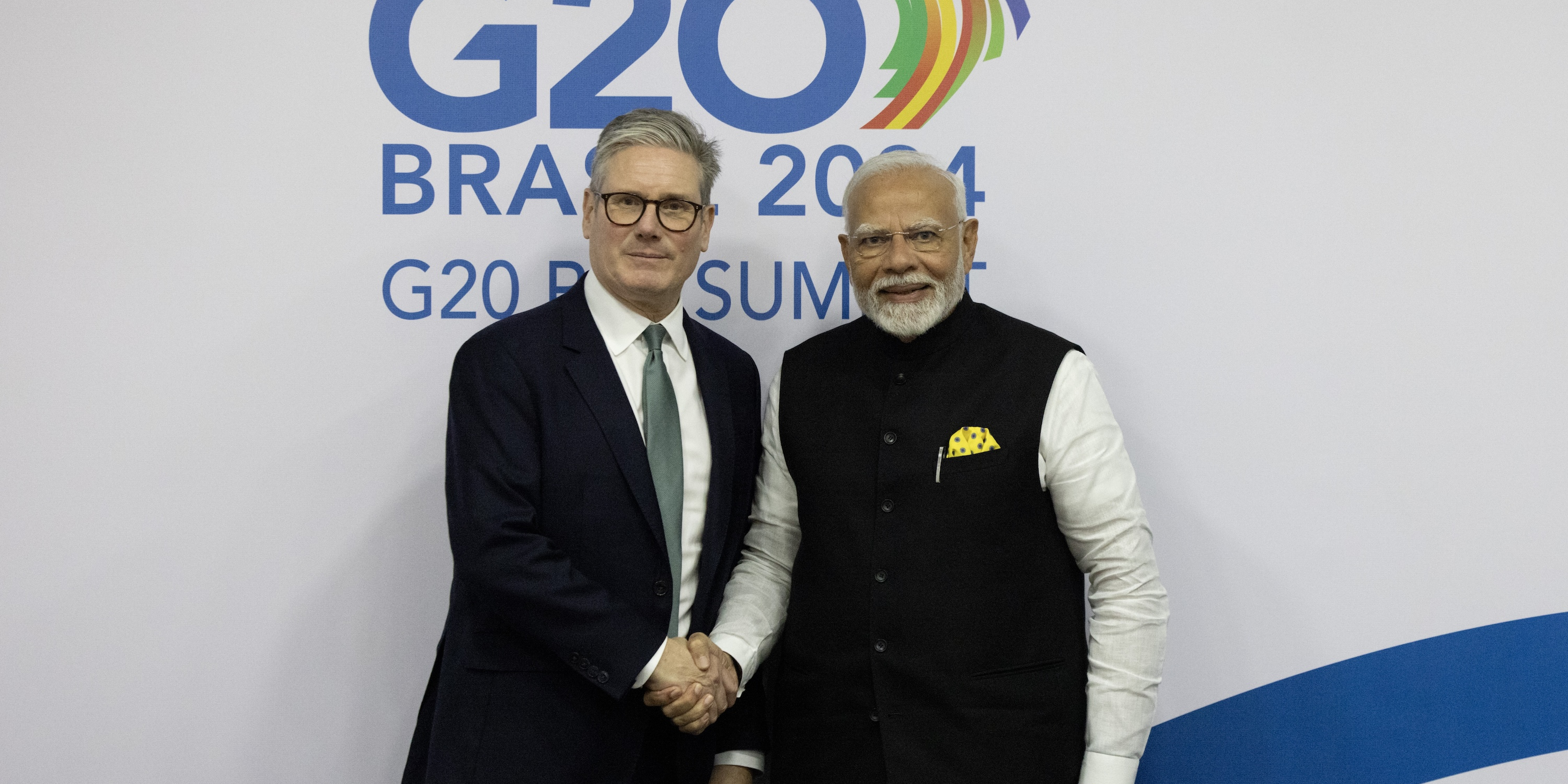



![[SATIRE À VUE] « Top chef » donne la recette du soufflé Louis Sarkozy](https://media.bvoltaire.fr/file/Bvoltaire/2025/05/louis-sarkozy-616x385.jpg?#)
![[ANIMAUX] Impossibilité de détenir un marcassin : l’administration se venge de Rillette](https://media.bvoltaire.fr/file/Bvoltaire/2025/05/pexels-rodolphe-asensi-vignette-616x347.jpg?#)




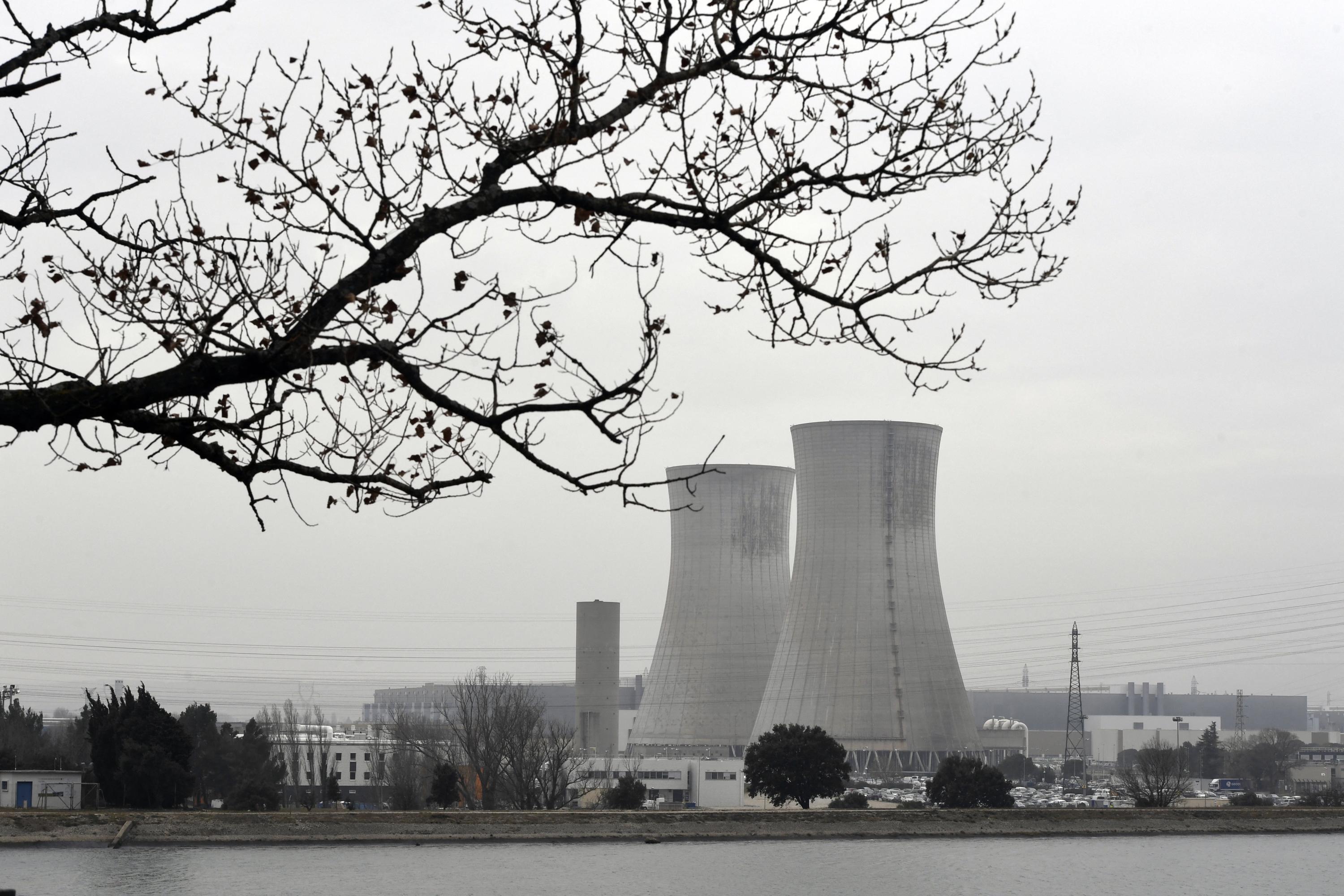












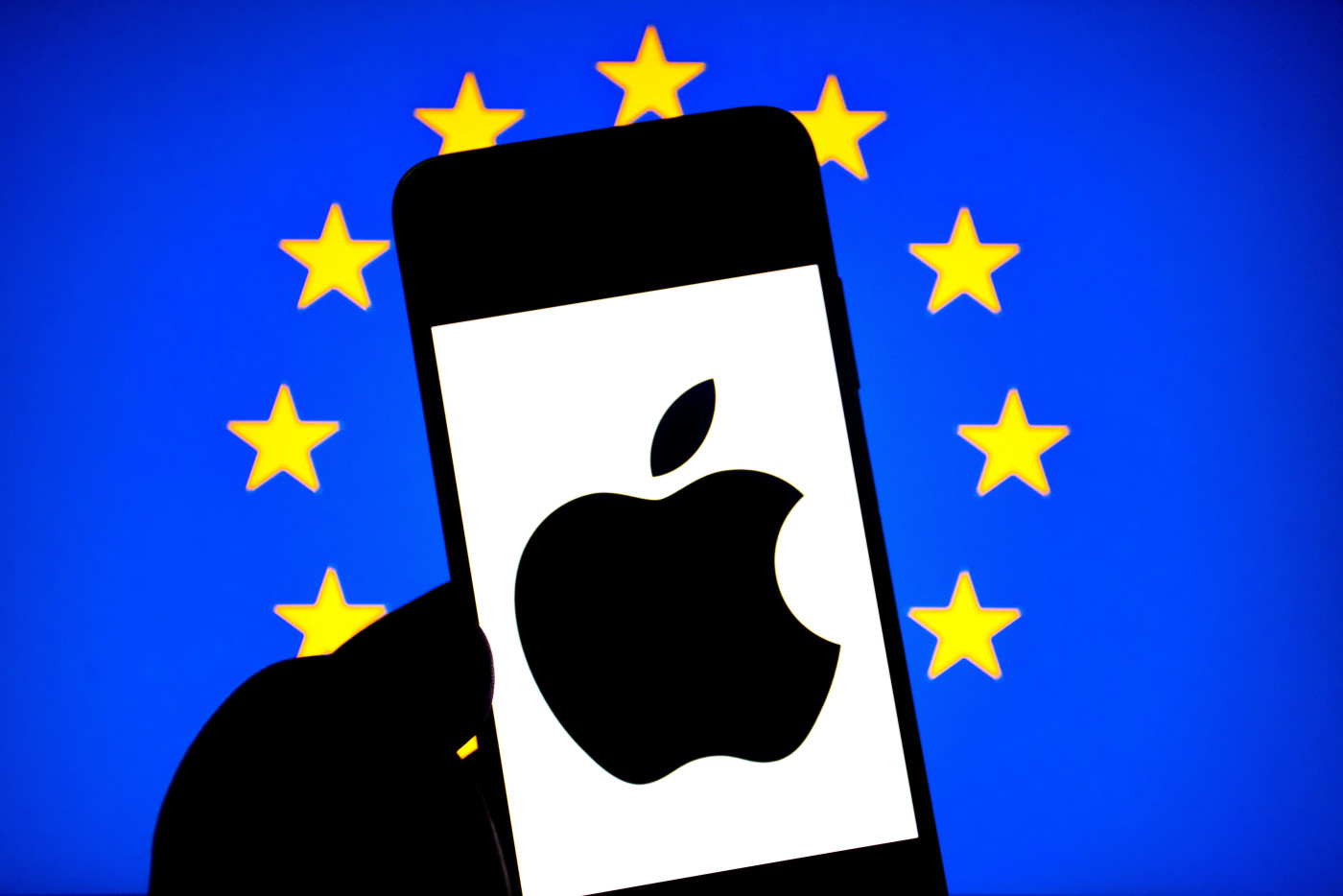












/2025/05/08/commemorations-du-8-mai-la-memoire-au-coeur-des-festivites-681cbcad1a382599788054.jpg?#)
/2025/05/06/paul-couverture-681a5ad2ef76f010468982.jpg?#)
/2025/05/08/becherel-la-cite-francaise-du-livre-ou-l-on-deniche-des-tresors-681cc0bbd3e82973070495.jpg?#)





